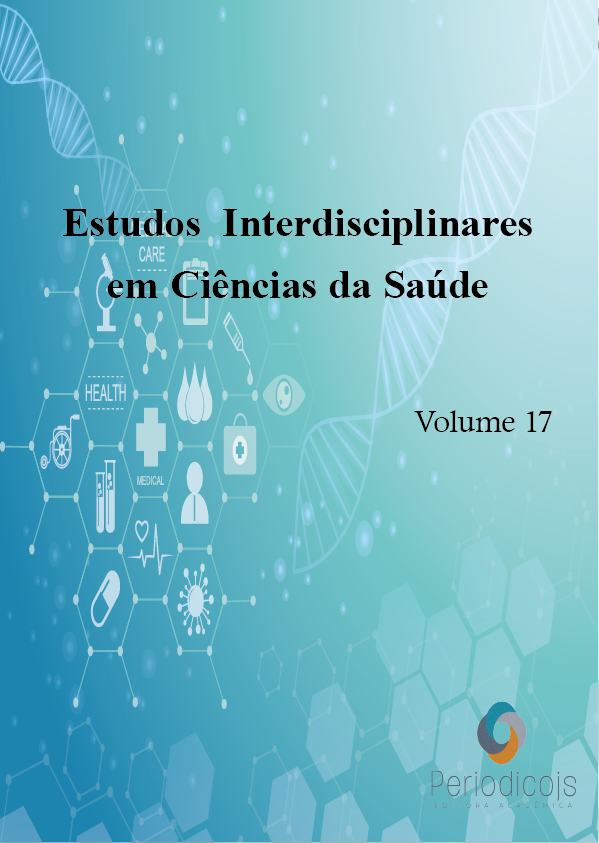Abstract
This article aims to guide and guide physical education professionals on the EAE methodology, with the aim of optimizing the psychomotor skills of students. This brings the possibility of expanding motor skills, through adaptable and possible experiences to be carried out by specific students, but it must be considered that it can be practiced by everyone who wants games and sports, in format and styles with simple rules and accessible instrumentation and cheap. The type of research used in this article was qualitative with the purpose of applied research, with the objective of acquiring new knowledge for the development or improvement of equipment, objects, processes and systems. This study brings only two sports with more information about the rules, the others only the objective. It is noteworthy that the basis for the creation of the EAE was built, having as a strong influence on its results and study observations, the Brazilian contact sport, which is Hotball Sport, which also had a great influence on the formulation of collective sports adapted to conditions of adolescents in deprivation of liberty - ECACP, which took place in the municipality of Parnamirim/RN, at the Casé Pitimbu/RN Socio-Educational Unit. In view of this, it is understood that the adaptations made and creations of new sports and methods are a necessity that can help in the development of children and adolescents, atypical and neurotypical or simply with motor and intellectual deficits. Professionals must understand the needs that surround them, move towards the new historical moment we are going through and the new challenges that await us.
References
BICKEL, E. A.; MARQUES, M. G.; SANTOS, G. A. Esporte e sociedade: a construção de valores na prática esportiva em projetos sociais EFDeportes.com, Revista Digital. Buenos Aires, Ano 17, Nº 171, 2012.
DUARTE, Orlando. História dos Esportes. 3. Ed. São Paulo: Senac, 2003.
GARGANTA DA SILVA, J. M. O ensino dos jogos desportivos colectivos: perspectivas e tendências. Movimento. 1998; 4 (8): 19-27.
MORAES, F. Desenvolvimento Humano e Inclusão Social através do Esporte, Cultura, Turismo e Lazer. 5º Congresso Nacional do PDT - Assembleia Legislativa, Porto Alegre, 3 Set. 2011. Disponível em: Acesso em: Set. 2014
NOGUEIRA, NilboRibeiro. Pedagogia dos projetos: etapas, papéis e atores.4 ed. São Paulo: Érica, 2008.
OLIVEIRA JÚNIOR, A. W; BEZERRA.L.S. HOTBALL ESPORT: uma modalidade de esporte coletivo de contato com características inclusiva. Revista Eletrônica Amplamente. Natal/RN, v.2, n.2, .p.139-152, abr./jun.2023.ISSN;2965-0003.
Antônio Washington de Oliveira Júnior. (2023). ECACP: ESPORTES COLETIVOS ADAPTADOS AS CONDIÇÕES DE PRIVAÇÃO DE LIBERDADE. Revista Interdisciplinar Da FARESE, 4. Recuperado de https://revista.grupofaveni.com.br/index.php/revistainterdisciplinardafarese/article/view/953

